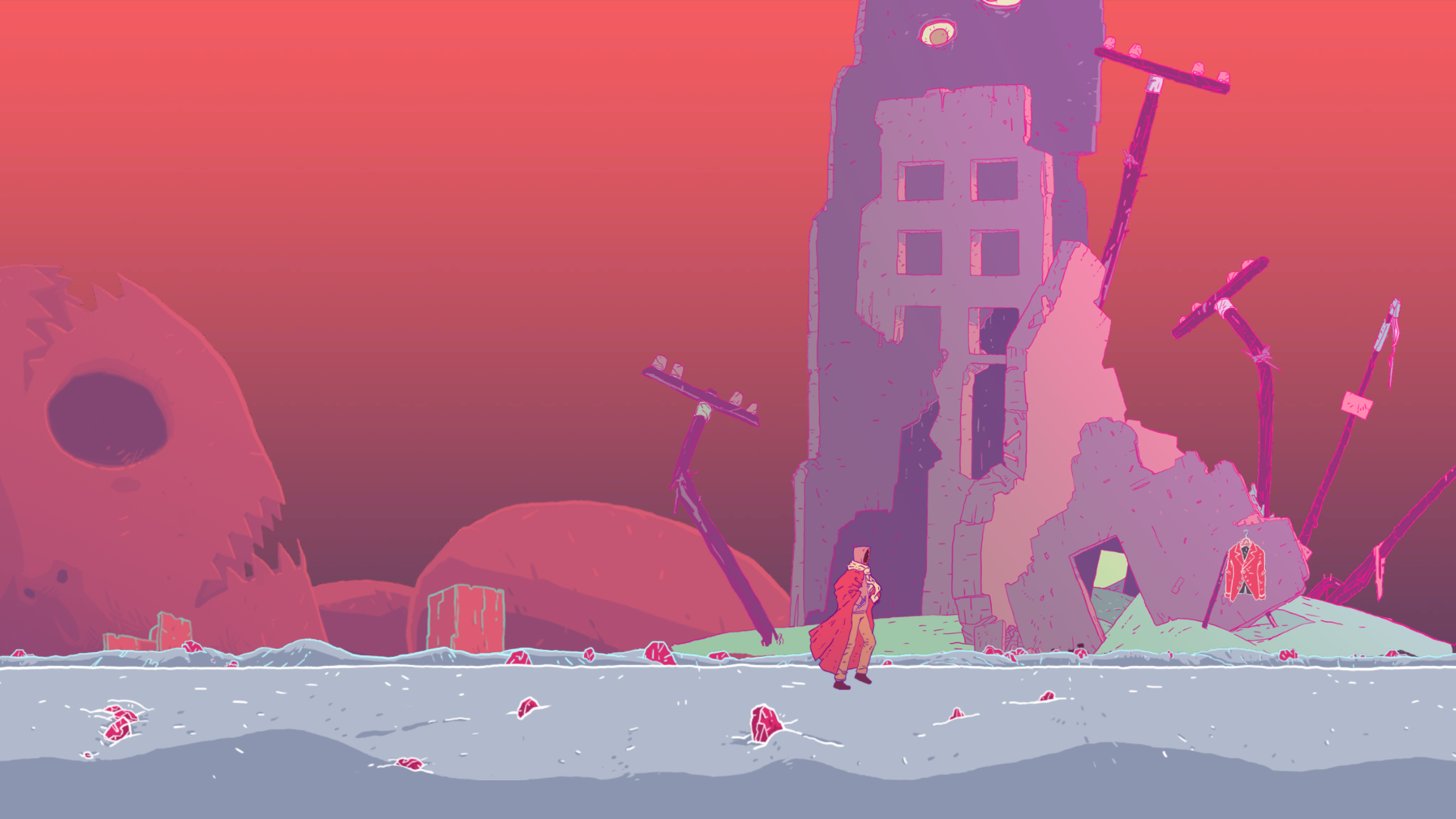We All End Up Alone Mac OS
We All End Up Alone Mac OS
What is 'Other' and What Can I Do About It?
Before you upgrade, we recommend that you back up your Mac. If your Mac is running OS X Mavericks 10.9 or later, you can upgrade directly to macOS Big Sur. You’ll need the following: OS X 10.9 or later; 4GB of memory; 35.5GB available storage on macOS Sierra or later. Some features require an Apple ID; terms apply. Hi, I've just installed the new Skype for Business on my Mac book running El Capitan (10.11.6) and I've found it increadibly buggy. Often people cannot. Mac OS X Snow Leopard. Quite the same Wikipedia. The maximum version of Mac OS X, OS X, or macOS supported by each G3 and later Mac follows. For complete specs on a particular system, click the name of the Mac. For all Macs that are compatible with a specifc maximum supported version of Mac OS X - courtesy of EveryMac.com's Ultimate Mac Sort - click the OS of interest.
Users loved the Mac OS, which was innovative for 1984. But technology moved fast back then, just as it does today. Apple needed to keep up with modern standards but was afraid to mess too much with the beloved Mac OS. Instead, for a whopping 17 years, Apple kept hacking on to the Mac OS code base to try to keep up with modern computing needs.
'Other' on your iDevice
When you connect your iPad, iPod Touch, or iPhone to your computer and open iTunes, you will find a graph of the space usage that may look like this:
Note the category at the end called 'Other.' What is 'Other?' iTunes has 8 standard data categories listed in the Data Bar of iTunes. They are called Apps, Music, Movies, TV Shows, Podcasts, Books, Photos, and Info. Basically, anything stored on your iDevice that cannot fit into one of those 8 categories is categorized as 'Other.' This includes:
As you can see there's a lot of stuff that ends up in 'Other.' If you never clean up things the stuff accumulates like old toys in an attic. Soon you find half the space on your iDevice is taken up by 'Other.' This is not good. You want to clean things out. So here's how you do it:
'Other' on Your Computer
On your Mac you may also see an 'Other' reported when you check on your drives using About This Mac from the Apple () menu.
When you observe the Storage display via the About This Mac dialog you will see something like this:
Note the similarity to what you might find on your iDevice. There are 5 data categories: Audio, Movies, Photos, Apps, and Backups. Anything else is categorized as 'Other.' 'Backups' refers to Time Machine Snapshots that are made when the Time Machine backup drive is not available. When the backup drive is finally reconnected, Time Machine is supposed to transfer the snapshots to the Time Machine backup drive then erase the ones on your hard drive. 'Apps' only include those found in your Applications folder. Thus, 'Other' consists of some of the same types of files found on your iDevice:

We All End Up Alone Mac Os Download
This is really a short list of what is categorized as 'Other' because it does not fit into any of the other 5 categories.
We All End Up Alone Mac Os X
The problem is you cannot go searching out just any old files on your hard drive and deleting them. If you do you may find that your OS X system no longer works. This could lead to a lengthy reinstallation or even to erasing the hard drive and starting over from scratch. No, this is a process that requires some delicacy and finesse. Firstly, you should search your drive for large files and where they are located. Use a utility such as OmniDiskSweeper 1.8 or GrandPerspective.
Secondly, follow suggestions below for cleaning up your hard drive of unnecessary files taking up space on your hard drive.
Freeing Up Space on The Hard Drive
Empty the Trash in order to recover the space the files occupied on the hard drive. If you cannot free up enough space, then you should consider replacing the drive with a larger one. Check out OWC for drives, tutorials, and toolkits.
Thirdly, locate any duplicate files on your hard drive and delete them. You can use one of several utilities designed to locate duplicate files such as:
We All End Up Alone Mac Os 11
Hopefully, this discussion will put an end to any concerns you've had about 'Other.'
We All End Up Alone Mac OS
